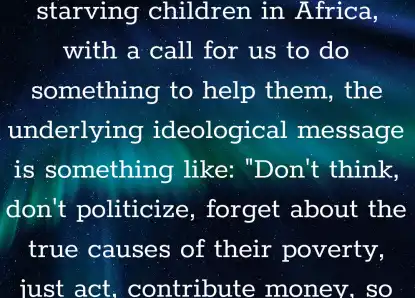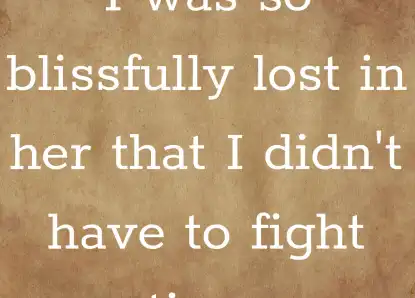
Report, if you have a problem with this page“ To those who in their turn selectively handle Mormon history and discourage our probing it in a number of areas, one needs to say (or at least to ask): Haven’t we been, if anything, overly cautious, overly mistrustful, overly condescending to a membership and a public who are far more perceptive and discerning than we often give them credit for? Haven’t we, in our care not to offend a soul or cause anyone the least misunderstanding, too much deprived such individuals of needful occasions for personal growth and more in-depth life-probing experience? In our neurotic cautiousness, our fear of venturing, haven’t we often settled for an all-too-shallow and confining common denominator that insults the very Intelligence we presume to glorify and is also dishonest because, deep down, we all know better (to the extent that we do)? Isn’t our intervention often too arbitrary, reflecting the hasty, uninformed reaction of only one or a couple of influential objectors? Don’t we in the process too severely and needlessly test the loyalty and respect of and lose credibility with many more than we imagine? Isn’t there a tendency among us, bred by the fear of displeasing, to avoid healthy self-disclosure—public or private—and to pretend about ourselves to ourselves and others? Doesn’t this in turn breed loneliness and make us, more than it should, strangers to each other? And when we are too calculating, too self-conscious, too mistrustful, too prescriptive, and too regimental about our roots and about one another’s aesthetic, intellectual, and spiritual life, aren’t we self-defeating? ”

Thomas F. Rogers
From : Let Your Hearts and Minds Expand: Reflections on Faith



